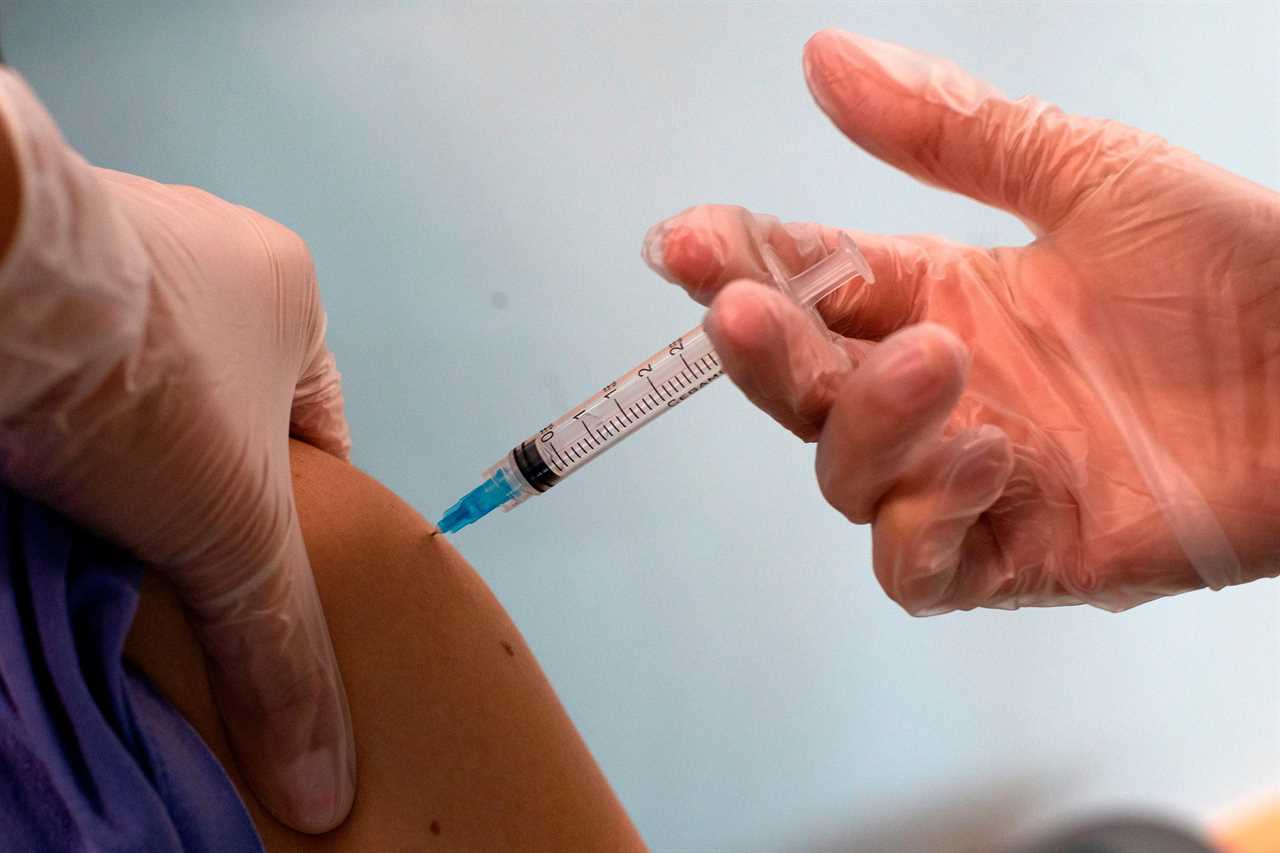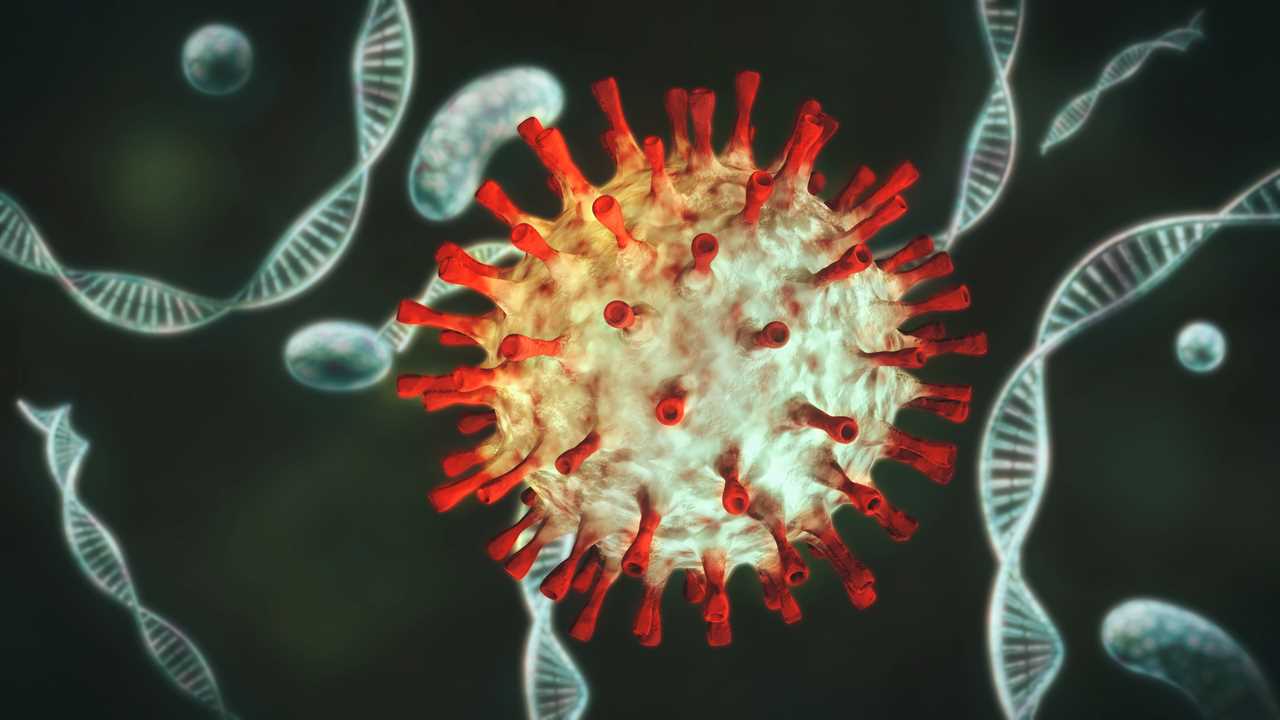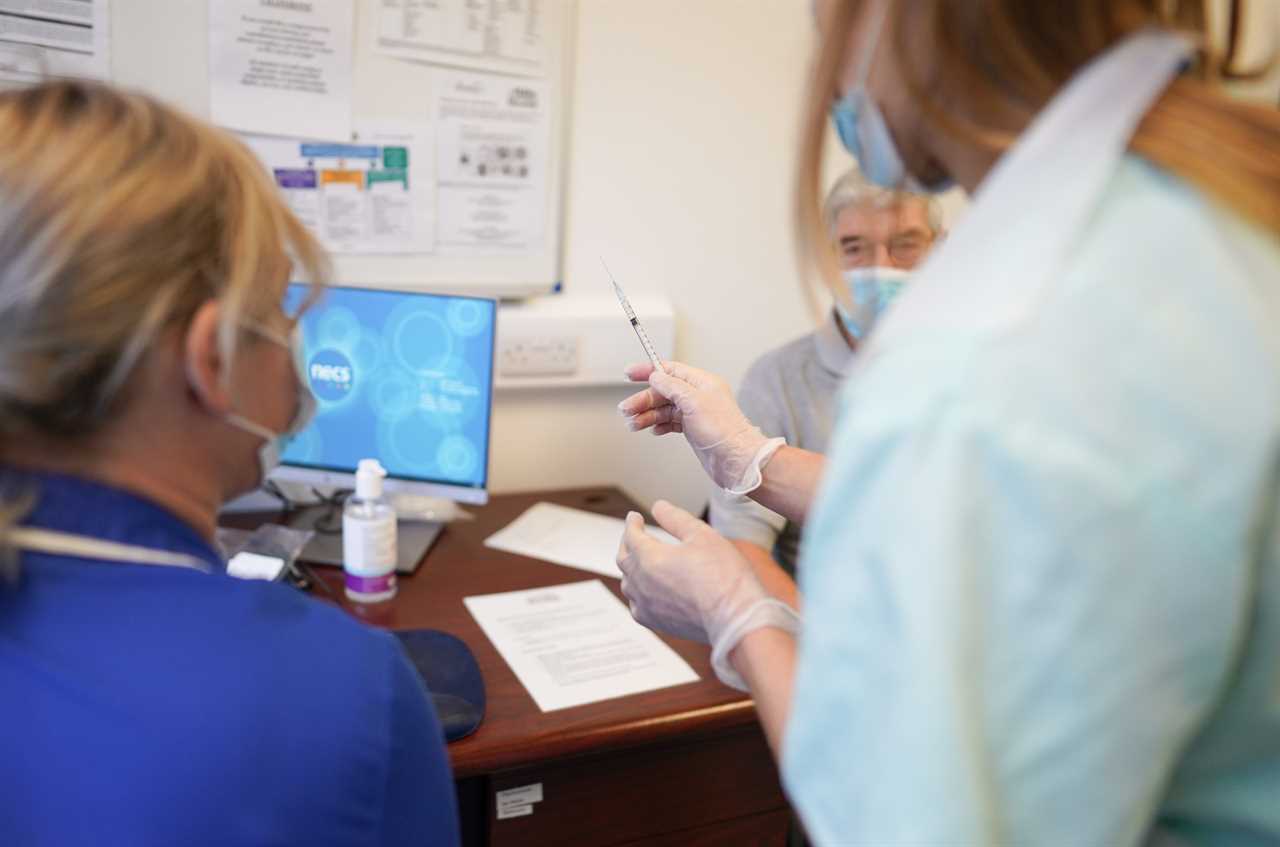BRITISH boffins are trialling an exciting new drug which could provide instant immunity against Covid.
The new antibody treatment which could give immediate protection to those exposed to coronavirus might be available by March, say experts.

The University College London Hospitals NHS Trust (UCLH) is looking at an antibody which could offer long-term protection to patients when it would be too late to offer a vaccine, as part of a new trial dubbed Storm Chaser.
Antibodies are protein molecules that the body produces to help fight infections.
Researchers in the study led by UCLH virologist Dr Catherine Houlihan have recruited its first participants, the trust announced on December 25.
They believe the antibody – known as AZD7442 and developed by AstraZeneca – may offer immediate and long-term protection to people who have recently been exposed to the bug.
This would prevent them developing Covid-19.
Dr Houlihan said: “We know that this antibody combination can neutralise the virus.
“So we hope to find that giving this treatment via injection can lead to immediate protection against the development of Covid-19 in people who have been exposed – when it would be too late to offer a vaccine.”
The Guardian writes that, if successful, the antibody treatment could help reduce the coronavirus’s impact until everyone in the UK is immunised.
“The advantage of this medicine is that it gives you immediate antibodies,” Dr Houlihan explained. But, those getting the new drug would still need the vaccine, currently being rolled out in this country.
UCLH has so far injected ten people with the antibody drug as part of Storm Chaser at its new vaccine research centre.
This happened after the study entered phase three trials on December 2, with an aim to trial the new treatment on 1,125 people worldwide.
Key groups of the trial include healthcare workers, students who live in shared accommodation and patients who have been recently exposed to anyone with Covid-19.


It’s also targeted at those in long-term care, the military and industry staff such as factory workers.
AstraZeneca executive vice president, Mene Pangalos, said the antibody “has the potential to be an important preventative and therapeutic medicine against Covid-19, focusing on the most vulnerable patients.
“This work complements our vaccine development programme.”
AstraZeneca has also created a vaccine with Oxford University that is awaiting approval for use by the Medicines and Healthcare products Regulatory Agency (MHRA).
Scientists have also begun a second clinical trial named Provent.
This research examines the use of the antibody for people who may not benefit from vaccinations.
For example, patients with a compromised immune system, or those at increased risk of Covid-19 infection due to factors such as age and existing conditions.
Older people and those in long-term care, as well as people with conditions such as cancer and HIV, will be recruited to take part in the Provent trial.
NHS England national medical director Professor Stephen Powis said: “These two clinical trials are an important addition to testing new therapeutic approaches.
“Antibody treatments may offer an alternative to patient groups who cannot benefit from a vaccine, such as immunocompromised patients.”
UCLH infectious diseases consultant Dr Nicky Longley said of the Provent research: “We will be recruiting people who are older or in long-term care, and who have conditions such as cancer and HIV which may affect the ability of their immune system to respond to a vaccine.
“We want to reassure anyone for whom a vaccine may not work that we can offer an alternative which is just as protective.”
Both the Provent and Storm Chaser projects will see an assessment of whether the treatment reduces the risk of developing Covid-19 and/or reduces the severity of infection compared to a placebo.
Dr Longley added: “We want to reassure anyone for whom a vaccine may not work that we can offer an alternative which is just as protective.”
Paul Hunter, a professor of medicine at the University of East Anglia, told the Guardian the new antibody drug could “save a lot of lives.
“Providing it’s borne out in phase three trials, it could play a big role in keeping alive people who would otherwise die. So it should be a big thing.”
It could be of particular use at care homes, when there’s a coronavirus outbreak, he added.







